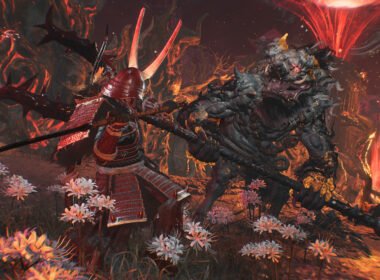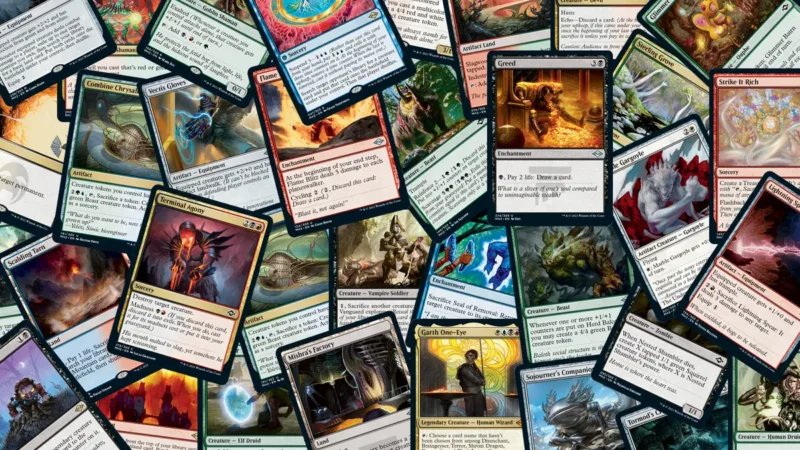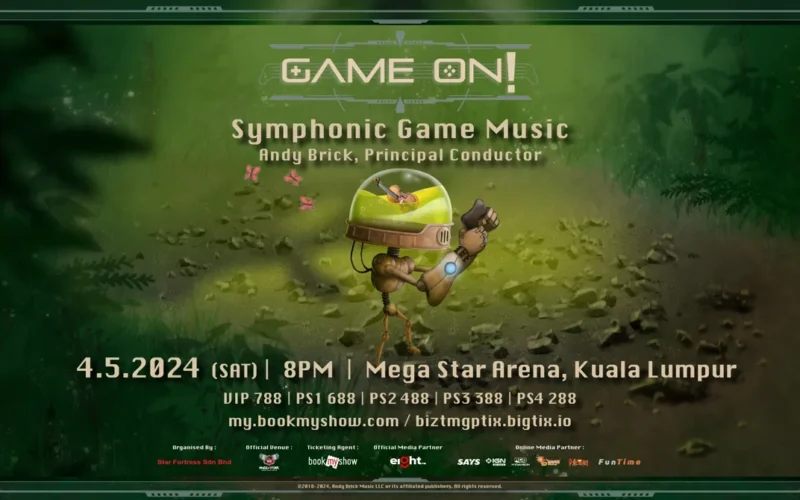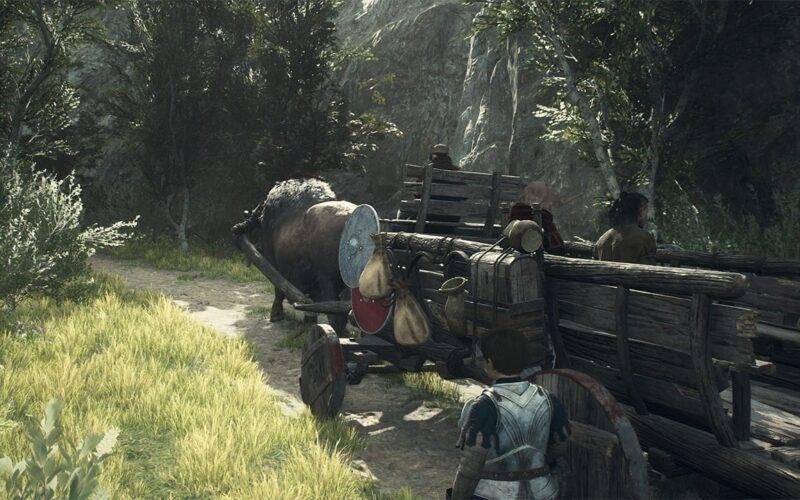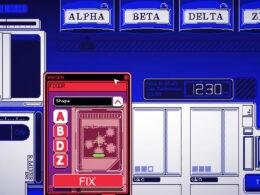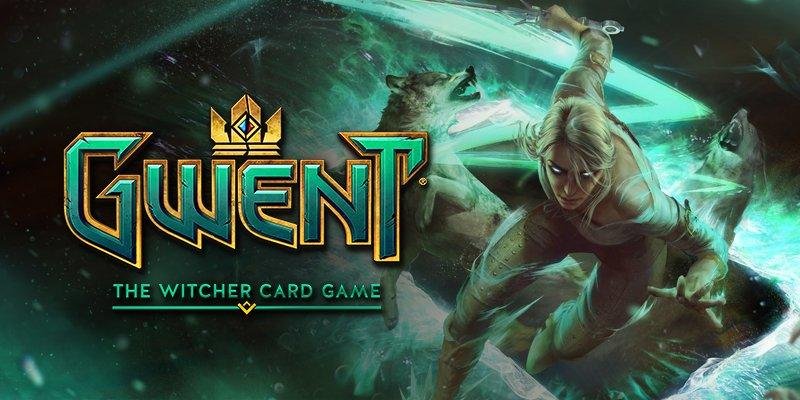Welcome to the last part of the Art of Losing Gracefully! In Part 1 and Part 2, we talked about how to navigate losing in trading card games, and how to bounce back from it during a competitive tournament.
In this third and final part, we want to address how to deal with a self-esteem damaging loss in a proper manner after the tournament is over. By the end of this series, we hope that everyone can benefit from better game loss management on a regular basis and continue to strive to be a better player and an even better person.
Let’s jump right into it.
1. Just feel it
You have kept all your negative emotions in a tiny orb that is about to burst deep in your heart. Now that the tournament is over, how do you deal with these lingering feelings?
I am a huge proponent of letting nature take its course and letting time heal all wounds. So how do you deal with these negative emotions? Just feel it. If you need to shout in anger or cry tears of disappointment, feel it all the way through and accept it. We are humans after all, and putting up a wall regarding these things usually doesn’t build you as a better player or even a better person.
However, I also believe in the MTG Hall of Fame— I mean legendary singer-songwriter Beyoncé’s take on this subject and that is to wallow in negative energy for a maximum of 24 hours. After that 24 hours, she moves on from it and aims to be better in every way.
That’s right. Be like Beyoncé.

2. Ask all the questions till you answer the right ones
After any tournament, think constructively about your failure and be curious. What have you learned from this tournament experience? Is there a replay you can watch? Can you reenact pivotal moments of crucial decision making in your matches to share with your team and friends to explore alternative play patterns that you could have adopted? What methods or techniques will you change for the next time you play in a tournament?
While answering all these questions (even the right ones) doesn’t prevent a loss streak from happening, but it does keep you afloat from being sucked into a negative emotional vortex. It also prepares for you to make a comeback in situations where everything may look extremely dire.
Remember that every chance at getting better makes your chances better in the next game, and losing is the best avenue for getting better!
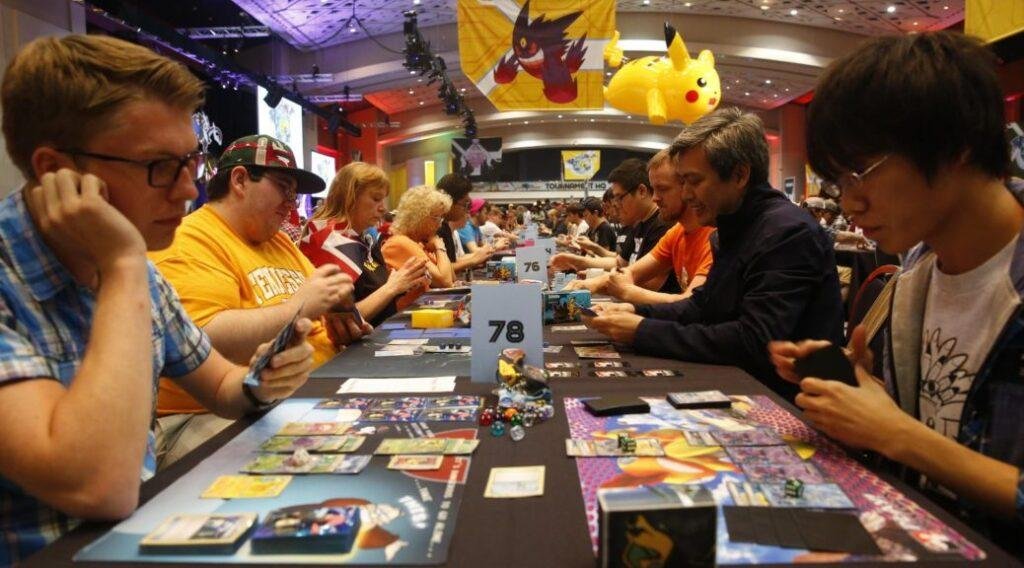
3. Not all wins and losses are created equal
Variance is a great factor in any game whether it is sports or trading card games. Deckbuilding and strategic synergistic game plans help reduce variance and increase consistency. Understanding this will make you a better player almost immediately.
Sometimes you will be fighting tooth and nail for your victory, whereas other times you will just get a victory when your opponent mulls to 4 and mana screws. Sometimes you lose after playing your best turn ever to a specific top deck, and sometimes you lose to a mulligan hand. Not all wins and losses are equal in nature; sometimes you deserve the win for playing well and sometimes you deserve the loss because you played terribly.
On the other hand, and probably even more commonly, players can also let a string of bad results get to their head easily. Whether they feel down on themselves or believe the game is all luck-based, both mindsets are poison for someone who is looking to improve.
More often than not, players are just internalizing their so-called bad luck instead of looking to see what the issue really is. Going back to card choices, fine-tuning your silver bullet selection, and doing more data-driven research will definitely broaden your horizons for future tournaments to come.
It’s easy to get in your own head, but do your best to be objective about your performance, win or lose.
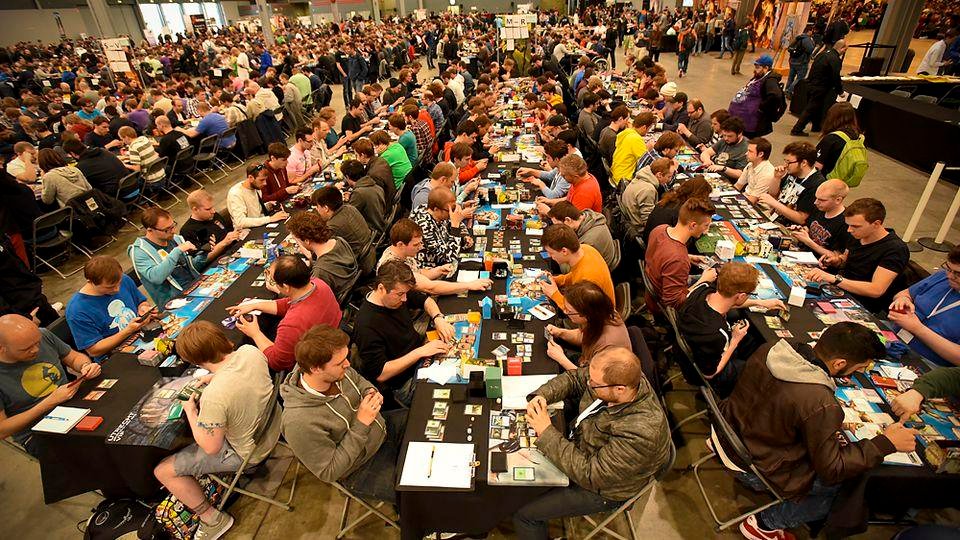
Winning at any trading card game is just a small fraction of the overall experience. It is definitely a great feeling but it will not always be there. That is why it is imperative that we engage with it in a healthy and conscious way, rather than getting pulled into the vortex of highs and lows wherever the present moment takes us. Discipline above all else.
After all, it’s just a game.





